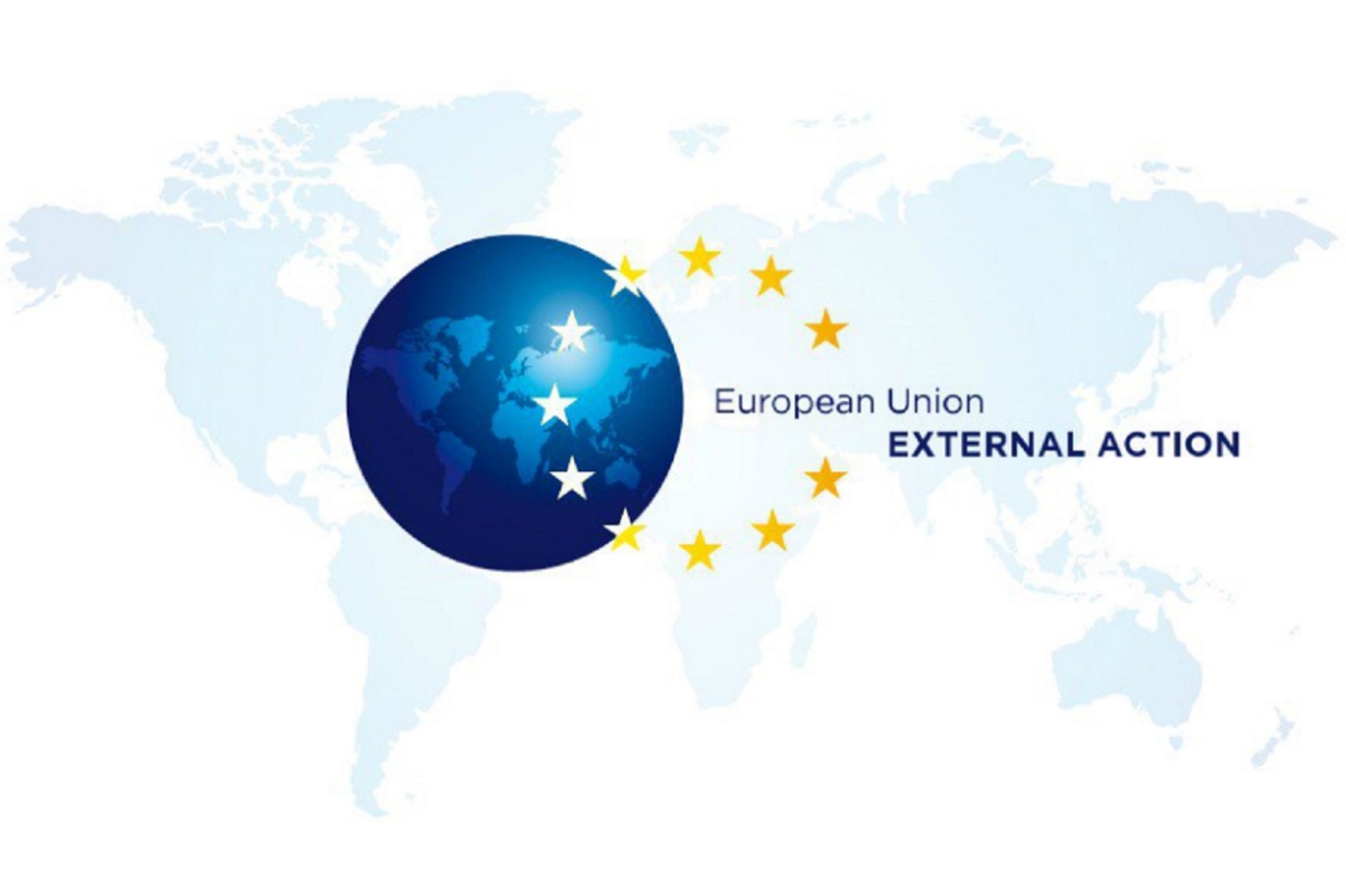
Project reference
21-0087-000-FWC-Mediation
Contract duration
2021 - 2025
Budget
2,782,000
Regions
Global
Conflict Prevention and Mediation Support
The EU is building its own capacities to identify conflict risks early and contribute to strengthening the overall conflict prevention, peace building and mediation capacity of the international community. It strives to establish and promote the use of mediation as a tool of first response to emerging or ongoing crisis situations. As stated by the revised EU concept on Mediation and Dialogue (November 2020), the EU is a uniquely placed actor on conflict prevention and mediation.The EU aims to continue using mediation, conflict Early Warning and conflict analysis in a more systematic way as an efficient and cost-effective instrument to prevent and resolve conflicts.
The objective of the contract is to provide the EEAS.ISP.2 Division (Conflict prevention and Mediation support) high quality external expertise (technical assistance) and logistics support in the fields of conflict prevention and analysis, peace mediation and dialogue support.
The objective of the contract is to provide the EEAS.ISP.2 Division (Conflict prevention and Mediation support) high quality external expertise (technical assistance) and logistics support in the fields of conflict prevention and analysis, peace mediation and dialogue support.
Partners
Particip (Lead), Clingendael Netherlands Institute of International, CMI Finland, Coleurope, EIP, GAIC, TRIAS Consult